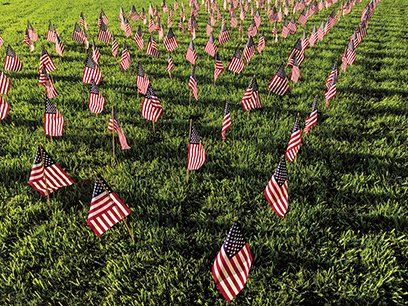Here on Long Island active turtle season usually takes place mid-April through July, weather permitting and depending on species.

Aquatic and land-based species both nest in soil on land that has excellent drainage to limit risk of drowning/flooding, and in full sun to keep the temperature warm enough to incubate successfully. Unfortunately, that can mean near an open roadway. Turtles are instinctively drawn to roads as the warmth and reflection of asphalt mimics a water body and they could have been making that same trek before the road was placed in their path.
In Search of the Perfect Nesting Site
Many things are attributed to active turtles in Spring. One of them is looking for that perfect safe location as mom can dig many test holes before choosing, which can take all day.
Box turtles regularly start nesting at dusk and nest through the night. Some terrapins nest in the day, others at night. Snapping turtles nest primarily at dawn, but will nest through the day if it is rainy & cloudy. Painted turtles nest in the hottest part of the day. They will often overnight in a hidden location behind a bush to get an early start the next morning).
Turtles do everything slowly and, with instinct guiding them, they may nest in the same spot yearly. Trouble begins when that favorite spot has been destroyed which leads to endless roaming and getting caught up in fences, window wells, hit by cars and becoming a chew toy for dogs.
Spring is Mating Season
Turtles are also just awakening from a long winter’s nap called brumation. Springtime is mating season and males are fighting for the same mate, territory, and limited food which can lead some to abandon their home pond in search of another, full with food and a new set of female mates.
Turtle babies hatch in 60 to 80 days, depending on species. For local species, hatchlings emerge in the late Summer/Fall.
What To Do If You See a Turtle
If you happen to see an unearthed nest, please call Turtle Rescue of the Hamptons at 631-779-3737 who can quickly and properly identify the species, as hatchlings all look the same when small, and give detailed instructions to be sure an aquatic species is not released in the woods only to die from improper environment. Most importantly they can do a health check to be sure the turtles do not need medical help. Do not try to determine this on your own.
Hatchlings are often prone to predator attacks and only 1 in 1,000 make it to adulthood. Never touch a nest, as if the egg is moved the yolk can smother or deform the forming hatchling inside. Also do not pull a hatched baby out of its eggshell as they are fragile and the yolk sac may rupture causing an emergency situation. Do not take any wildlife home or treat any injuries yourself as you can do more harm than good.
Always call the 24 hour hotline for help or NYS DEC 631-444-0310. Thank you for being a steward of wildlife.
How to Protect a Turtle Nest from Predators
The best protection for a nest is to cover it with hardware cloth or chicken wire so that it can get rain and sun but raccoons and other local wildlife (including your dog!) cannot dig it up.
About Save The Great South Bay
Save The Great South Bay is a local 501(c)3 non-profit that advocates for and implements real solutions that help protect and preserve the bay, and with that, strengthen our South Shore communities. Our volunteer-riven activities include the Creek Defender creek clean up program, the Great South Bay Oyster Project and a multitude of Habitat Restoration programs. It’s our bay, our heritage — and our legacy. It is up to all of us to protect it for today and for future generations to enjoy. To learn more about Save The Great South Bay, visit www.savethegreatsouthbay.org and follow us on social media.
Prepared on behalf of Save The Great South Bay by Karen Testa, Executive Director/President, Turtle Rescue of the Hamptons, Inc.


